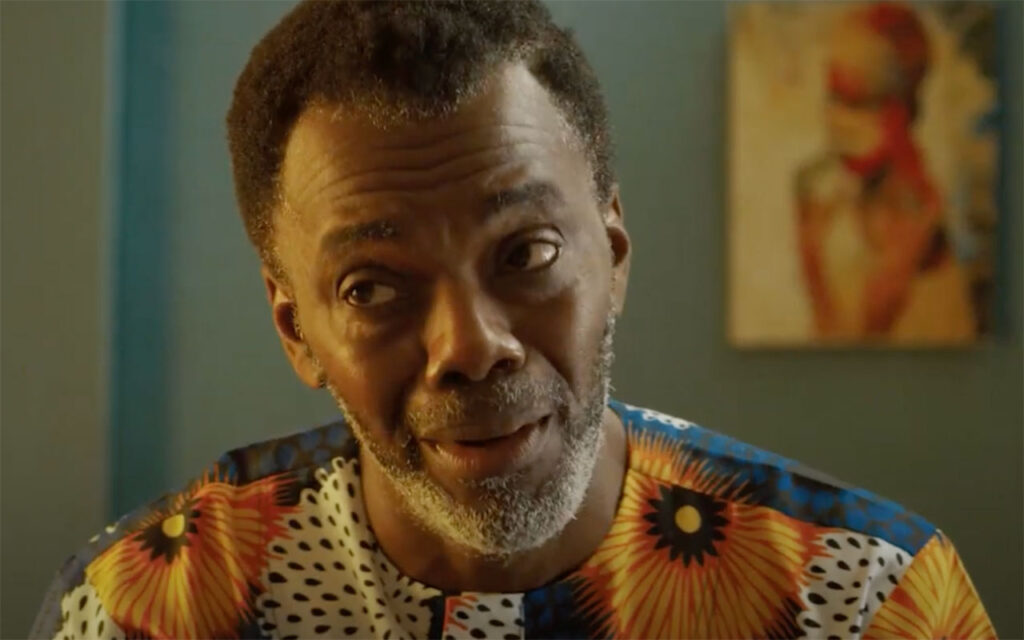
Most Nigerians had hoped that the conclusion of the Presidential and National Assembly election on February 25, 2023, would have eased up cash crunch and put an end to the confusion in the country’s banking sector. However, weeks after the Gubernatorial and State Assembly Election on March 18, the situation is far from improving, as Nigerians still struggle every day to access cash on a daily basis.
On the other hand, poor bank network has not helped the situation, as other means of transaction such as bank transfer, internet payment, wire transfer, credit and debit cards, plastic money such as e-purse, and mobile payment that most customers have had to suddenly embrace, have also not faired too well.
While many agree that the scarcity of cash has revealed the true state of Nigeria’s banking sector, the development has also been a blessing in disguise for some bankers who have stepped up to manage the emerging challenges. One man who falls in this category is Israel Kayode Edunjobi, a branch head with Zenith Bank PLC.
Edunjobi started his banking career with Fountain Trust Bank Limited as a Credit Analyst and later joined Zenith Bank as a Relationship Manager (RM) in the Marketing Department of the bank, rising through the ranks to become the head of the branch where he was a pioneer staff.
A dedicated leader, Edunjobi combines various functions by coordinating the marketing team, as well as working with the head of operations to ensure that customers are adequately given good services. He places high esteem and value on them, doing this by combining both technical and soft skills.
Edunjobi, who holds a bachelor’s degree in Accounting from Ogun State University, Ogun State now Olabisi Onabnjo University, is an Associate and also a Fellow of the Institute of Chartered Accountants of Nigeria (ICAN). He holds a Diploma in International Financial Reporting (IFRS) from the Associate of Certified Accountants (ACCA) in England.
A man with a flair for Information Technology, he has attained a professional Scrum.Org certificate to become a Professional Scrum Master (PSM1) and a Google Certified Project Manager. His great sense of humor has seen him making a lot of friends with clients, superiors, and subordinates.
“I do most of my coordination during meetings with my subordinates and assign tasks and set deadlines to ensure they are achieved on time. We monitor the branch’s liability generation by setting our daily achievements against the set target or budget. By doing so, we can drive ourselves by working in line with the budgeted run rate. All these activities are not routine, because the situation on the ground can change how we approach our daily activities.”
The banker noted that, “Some of the challenges we may likely face include how to always surpass and achieve results daily and meet our budget/target without dropping on performance. I have 18 professional staff under my leadership and we achieve our set goals together.”
These days when customers are becoming easily distraught at the slightest of provocation due to their inability to access cash from the bank, Edunjobi has become notable for quietly observing the situation before delving in to interface with the customer, often resolving the issue to the benefit of both parties.
Personally acknowledging the fact that complaints from clients are a gift because they make him a better person, he’s of the opinion that a lot of people are unable to withdraw cash from their accounts as banks are running out of cash. He acknowledged that the situation has caused a lot of distress and hardship for the Nigerian people, as prices are rising and businesses suffering, even as consumers struggle to find enough money to purchase goods and services.
Proffering solutions to ease some banking bottlenecks that are presently crippling the sector, Edunjobi encouraged the promotion of more Financial Technology (Fintech) companies, promote efficiency and productivity, reduce costs, and increase access to financial services.
Aside from reducing paper works associated with certain financial transactions, he admitted that Fintech companies reduce the cost of banking, and increase access to financial products and services by allowing those in rural or remote areas to access the same services as those living in the cities.
“Fintech have made it easier for banked customers to reach out to the unbanked ones with the advent of agency banking solutions and application gadgets like the Point of Sales Terminal. The Information Technology sector is the future of Nigeria. The country has a rapidly growing population of young people who are highly educated and have an interest in the technology sector, which provides a great opportunity to build businesses and create jobs.
“Additionally, the increasing use of mobile phones and the internet means that more people are connected and have access to more opportunities and resources. Therefore, I believe that investing in the Information Technology sector is the right move for Nigeria. I will rather invest in a sector where I make an impact and touch the lives of people without increasing the cost of production and overheads and still make more profits. Typical examples are the likes of Google, Apple, Amazon, Facebook, and Microsoft (Meterverse). These IT companies are also the most valuable companies on earth. It’s the same footsteps that the likes of Flutterwave, Paystack, Opay, and TeamApps are taking in Nigeria,” he said.










